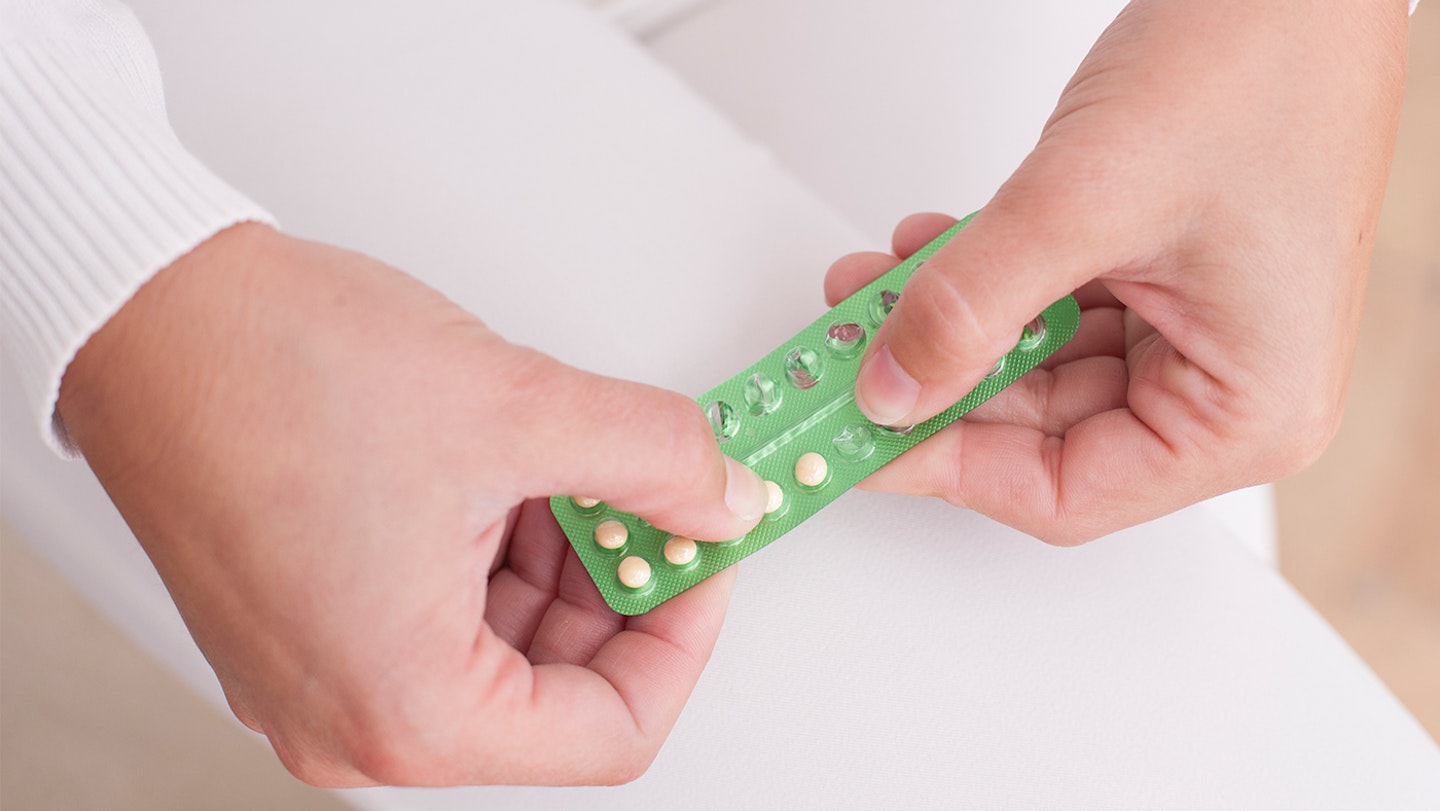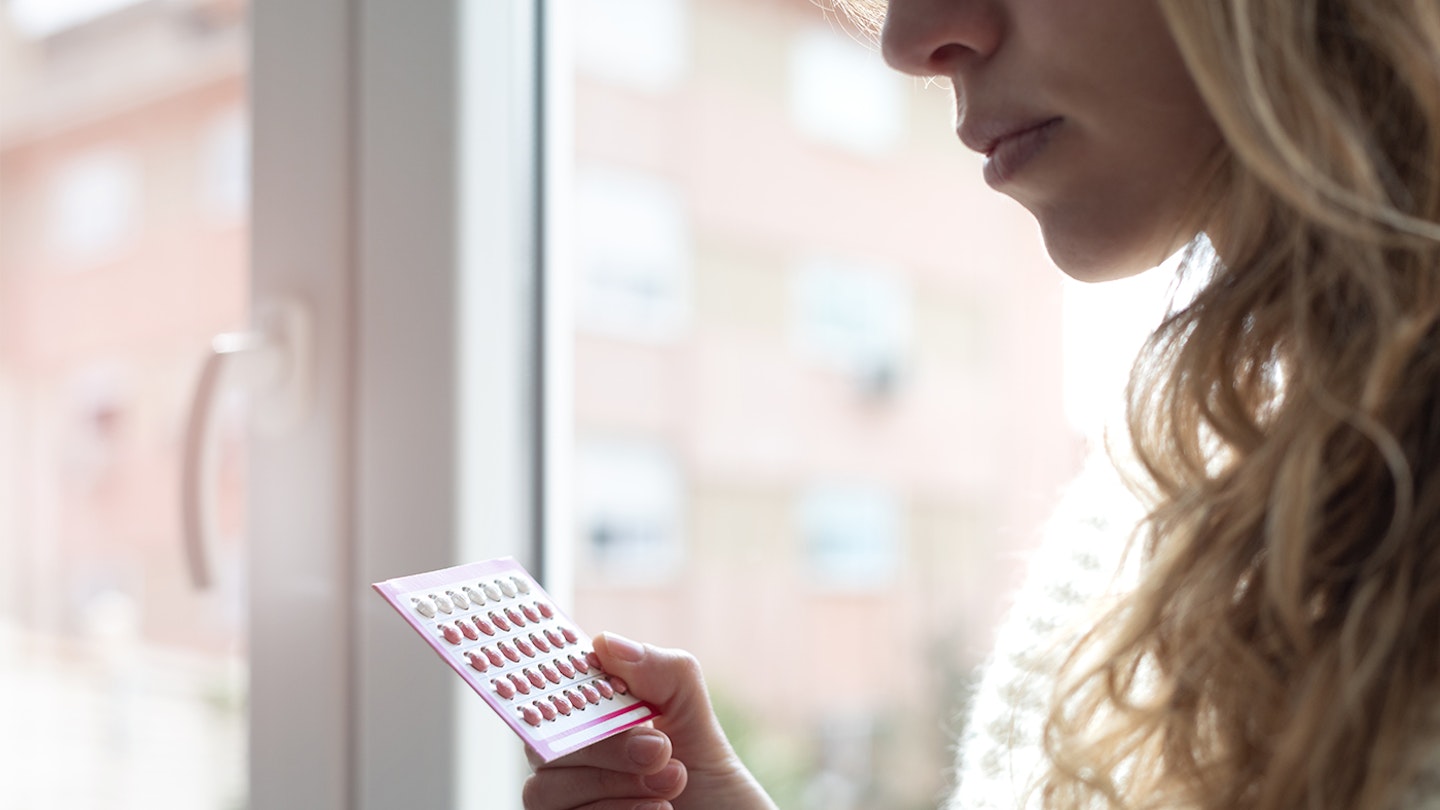From an IUD to the implant, there are many contraception methods to consider, with your choice depending on a number of personal factors.
The combined oral contraceptive pill (known more commonly as 'the pill') is a popular option for many women. Typically, you take one pill every day for 21 days, then have a break for seven days. During this week, you have a bleed like a period. You then start taking the pill again after 7 days.
If you're keen to avoid pregnancy, you might be wondering whether or not you can get pregnant on the pill.
Can you get pregnant on the pill?
“No form of contraception is 100 per cent effective, so if you think you might be pregnant, then the only way to know for sure is to take a pregnancy test," says pharmacist Deborah Evans, working in partnership with contraceptive pill brand Hana. "These can be accurate from 21 days after the unprotected sex took place, or from the first day of your missed period. Your pill won’t change the accuracy of the pregnancy test result. If you are pregnant, you should stop taking your pill and speak to a healthcare professional as soon as possible”
What are the success and failure rates of the pill?
“Both the combined and the progestogen-only pill are more than 99 per cent effective at preventing pregnancy with perfect use, reducing to 91 per cent with typical use (that is, how most people use it)" Deborah explains. "Most importantly, the effectiveness of your pill depends on you remembering to take it at the same time each day so choose a time that fits in best to your daily routine."

What causes the pill to fail?
The effectiveness of your contraceptive pill depends on you remembering to take it at the same time each day. "However real life can intervene with the best of intentions," says Deborah. "If you’ve missed your pill, don’t panic. If you have missed a pill or pills and have had unprotected sex then you should contact your GP or a pharmacist to see if emergency contraception is appropriate for you."
How to prevent birth control failure
“If you struggle to remember to take the contraceptive pill at the same time each day, you might want to consider a different type of contraception, such as long-acting reversible contraceptives (or LARC). You can speak to your GP or a pharmacist for advice on the different contraceptive options available," says Deborah. Not a morning person? No worries. When you choose to take your pill, each day is entirely up to you, as long as it is the same time each day. "Regardless of whether you’re taking the combined pill or the progestogen-only pill, it is important that you take it at the same time each day to ensure it is as effective as possible," Deborah adds.
